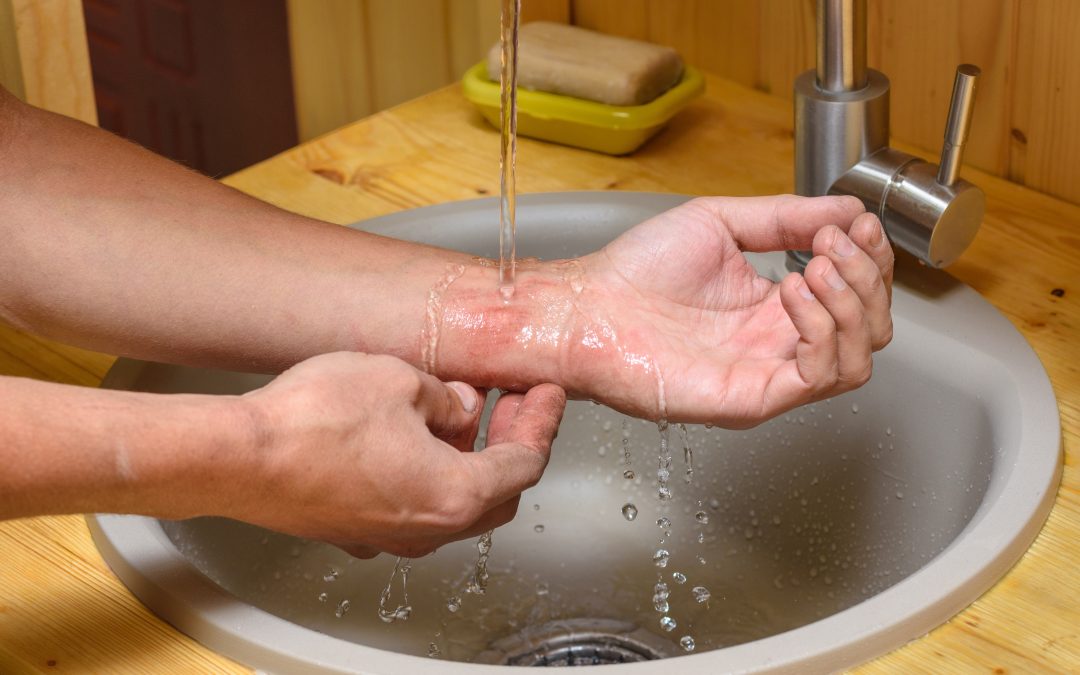
How Should I Treat Kitchen Burns?
Trading take-out for home cooked meals in 2024? As many people focus on health at New Year’s cooking at home becomes part of everyone’s resolutions. While cooking at home is great, don’t forget to let yourself have an occasional restaurant treat. Hickory has incredible local eateries, so consider treating yourself to brunch at Café Gouda or a dinner at Olde Hickory Station. Whether you’re aiming for a healthier diet or just want to explore new flavors, safety in the kitchen comes first. Brush up on basic cooking and safety tips so you have a safe, successful year in your kitchen.
Unexpected burns happen, but having a plan can make all the difference. Let’s explore essential tips for burn care, from initial treatment to recognizing when professional help is needed. For questions or concerns about minor burns, visit AFC Urgent Care Hickory today, and we’ll be happy to help.
Understanding Burn Severity
Burns are categorized by their depth and severity.
- First-degree: Affecting only the outermost skin layer, these burns appear red and painful but don’t blister.
- Second-degree: Deeper, involving the second skin layer, these burns cause redness, pain, swelling, and blisters.
- Third-Degree: The most severe, these burns extend through all skin layers and affect underlying tissues, appearing white, black, or charred.
Knowing the burn’s severity is crucial for determining the appropriate response and level of care.
First Aid for Minor Burns at Home
- Acting quickly after a burn can minimize tissue damage and improve the healing process. Here’s what to do:
- Cool the Burn. Contrary to popular belief, avoid ice. Run cool (not cold) tap water over the burn for 10 minutes to stop the burning process and reduce swelling.
- Protect the Burn. Apply a sterile burn cream or petroleum jelly to prevent infection and soothe discomfort. Cover loosely with a clean, non-stick bandage.
- Manage Pain. Over-the-counter pain relievers like ibuprofen or acetaminophen can help manage discomfort.
When Should I See a Doctor for My Burn?
While minor burns can be treated at home, some require professional care. Get medical attention immediately if:
- The burn exceeds the size of your palm or involves significant blistering.
- The burn is located on the face, hands, feet, genitals, or major joints.
- The burn is third-degree.
- Burns cover more than 10% of your body surface area.
Kitchen Safety: Preventing Burns
Prevention is always better than treatment. Here are some practical tips to keep burns at bay in the kitchen:
- Hand Protection – Use oven mitts or pot holders when handling hot cookware.
- Handle with Care – Turn pot handles away from the stovetop edge to avoid spills.
- Clear the Zone – Keep flammable objects away from heat sources to prevent fire hazards.
- Dress for Safety – Wear long sleeves and pants for additional protection against splashes and spills.
By incorporating these simple precautions into your cooking routine, you can significantly reduce the risk of burns and create a safer, more enjoyable culinary environment.
Remember, knowledge and preparedness are key to handling burns effectively. AFC Urgent Care Hickory is always ready to provide prompt and professional care for minor burns. With these tips and resources, you can navigate kitchen mishaps with confidence, knowing you’re equipped to handle them calmly and effectively.


